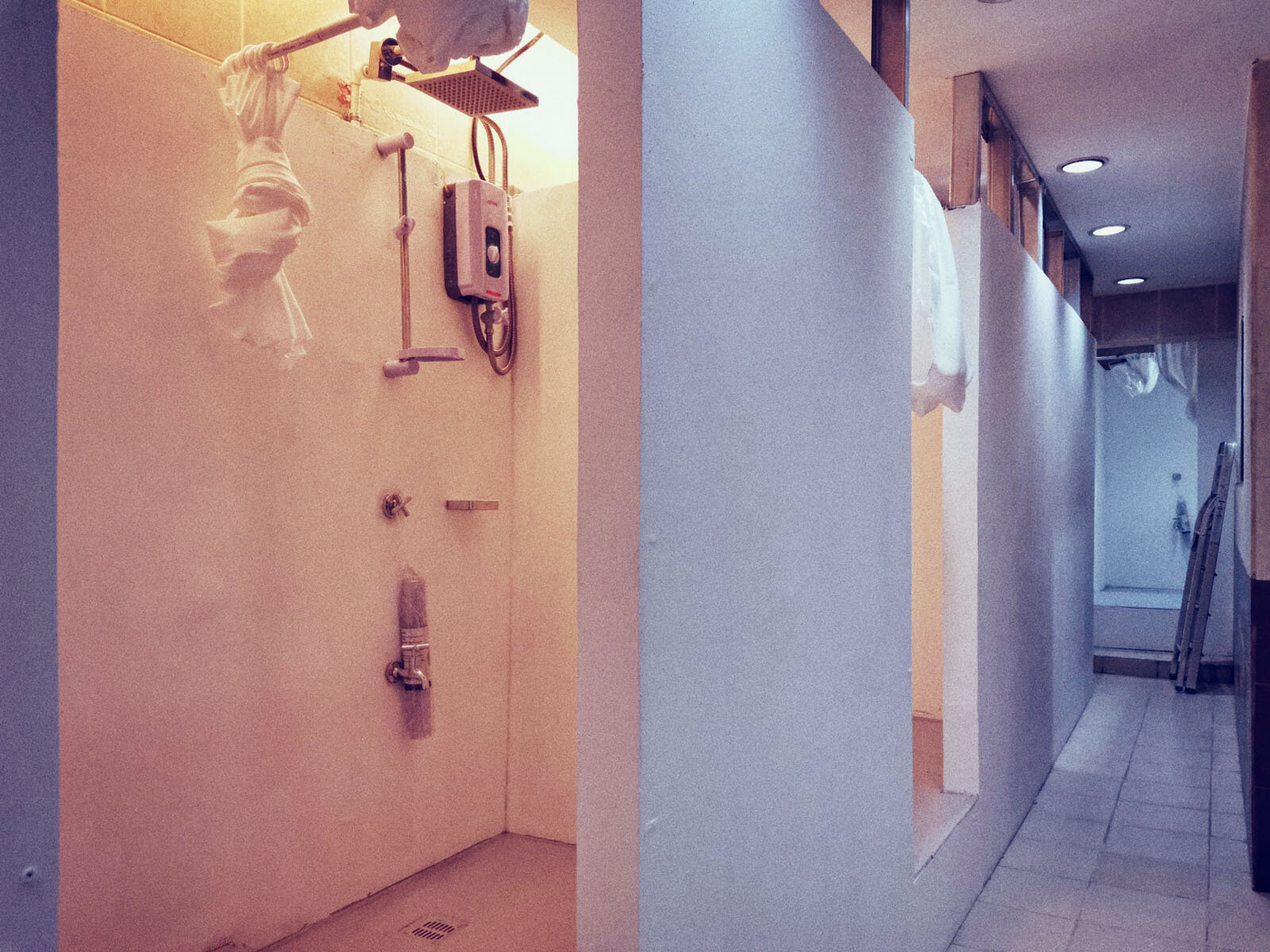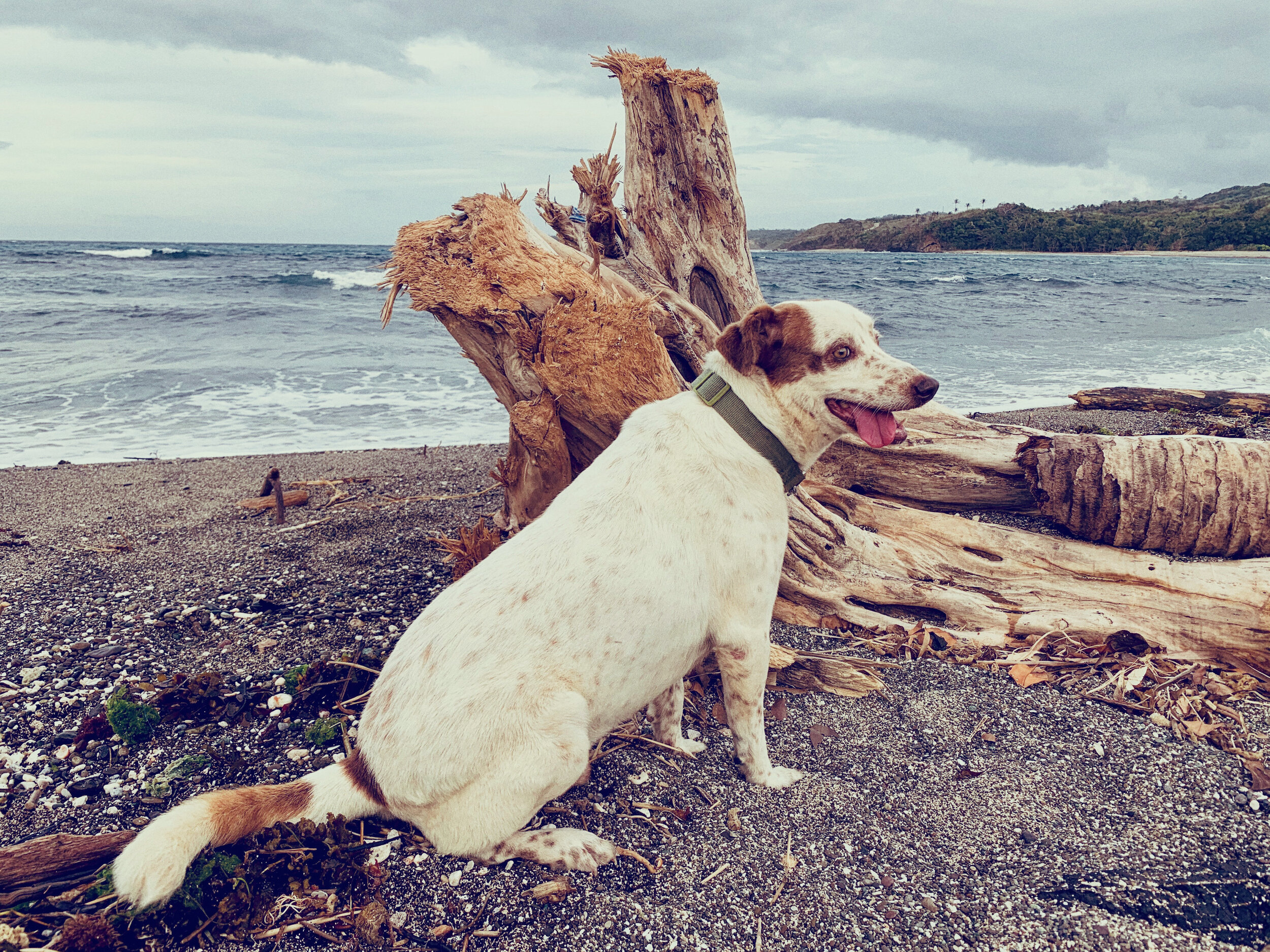WASH and Learn
With Bess Par’s lead, the WASH Team of Manila Water Foundation redesigned their program to help the country, a pair of clean hands at a time
Words by MARY SIOJO
It was a few days before the community quarantine was announced. Bess Par, Manila Water Foundation (MWF) WASH Program Manager, and her team were busy with the finishing touches of their upcoming events: a celebration of World Oral Health Day, and a Health in Our Hands learning session for U.P. Town Center’s maintenance service personnel. This was not their usual audience of school-aged children, but they believed the need was urgent. These participants were as vulnerable as health workers during the pandemic because of their exposure to many customers and high-touch environments.
When Metro Manila was put on lockdown, Bess and her team had to step back to assess how they could champion MWF’s core advocacy of bringing Water Access, Sanitation, and Hygiene education—aptly called WASH for short—to marginalized Filipino communities across the country.
Bess Par, Program Manager of Manila Water Foundation
WASH your hands
People are constantly reminded that washing hands with soap and water for at least 20 seconds is one of the simplest and most effective means of combating the virus. However, many communities do not have access to handwashing facilities.
Bess and her team shifted their mindset and redesigned their Integrated WASH Program to focus on hand hygiene and provide hand washing facilities to as many Filipinos as possible—an advocacy Manila Water has been driving for the past 15 years. “Ayala’s high regard for its employees, stakeholders, and customers stem from how it values people above business. This led us to this path for WASH in Pandemics—we have a mission to protect communities we serve,” Bess says.
It was also an opportunity to strengthen partnerships with Metro Manila local government units (LGUs). Together, they could reach out to communities and public schools: install hand hygiene facilities, distribute educational materials, develop online hygiene education sessions, and deploy water and sanitation packages.
The faucet system adapts to the new reality
The MWF team immediately started the ball rolling. They split the team into two groups—one focused on WASH in Pandemic for Communities and the other one for WASH in Pandemic for Schools.
MWF WASH Team find that their mission of providing hand hygiene facilities and information has become even more important in this time of pandemic. From left to right, Franz Nikko P. Lacsina, Vivian G. Pernito, Ivy Jill D. De Leon, Blessille G. Par
With a reallocation of funds to jumpstart the project in Quezon City—the home base of Manila Water, and the city with the highest cases of COVID-19—MWF and the Manila Water Engineering team worked on a hybrid faucet system for the New Normal. The faucets were designed to be a meter apart, and the water knob could be activated with a closed fist, elbow or foot pedal. This made it easier for everyone to use, even persons with disabilities.
The WASH program also collaborated with the League of Corporate Foundation and the Ayala Community for Social Impact to provide some public schools with handwashing facilities.
They also worked with the Department of Education (DepEd)’s online learning platform, called “DepEd Commons”, to give Filipino students and teachers access to existing MWF educational content on water, sanitation, and hygiene practices.
#AyalaCitizen Diary: Bess and the entire MWF team jump start two programs during the lockdown—the WASH in Pandemic for Communities and the WASH in Pandemic for Schools.
WASH in Pandemic for Communities focused on Quezon City residents, medical frontliners, and market vendors. They installed new three-faucet facilities and rehabilitated existing ones.
Faucet facilities have been installed at the Kamuning and Murphy Super Health Centers which serve 35,000 residents of Barangays San Roque and Kamuning. These can also be found at the Quezon City Talipapa, Quezon City Hall Complex, and the Quezon City Memorial Circle Basketball Court, where 64 locally stranded individuals have been taking shelter since March.
This includes Salvador Patingo, a former construction worker who lost his job due to the pandemic. “Malaking tulong po ito sa amin—itong pasilidad na ito. Makakainom kami ng malinis na tubig, makakapag-handwash din po. Hindi lang po sa amin, pati po sa ibang tao po na gagamit ng pasilidad na ito,” he shares.
For Bess and the entire MWF team, meaningful synergies and a genuine commitment to serve allowed them to make lasting, positive contributions to nation-building. She explains: “Through the synergies in WASH, we can provide safeguard mechanisms especially for the most vulnerable communities. This is also the perfect time to work together with like-minded organizations. The only way to survive this pandemic is by collaborating with LGUs and organizations that have the same values as ours.” #
POSTED OCTOBER 23, 2020


































